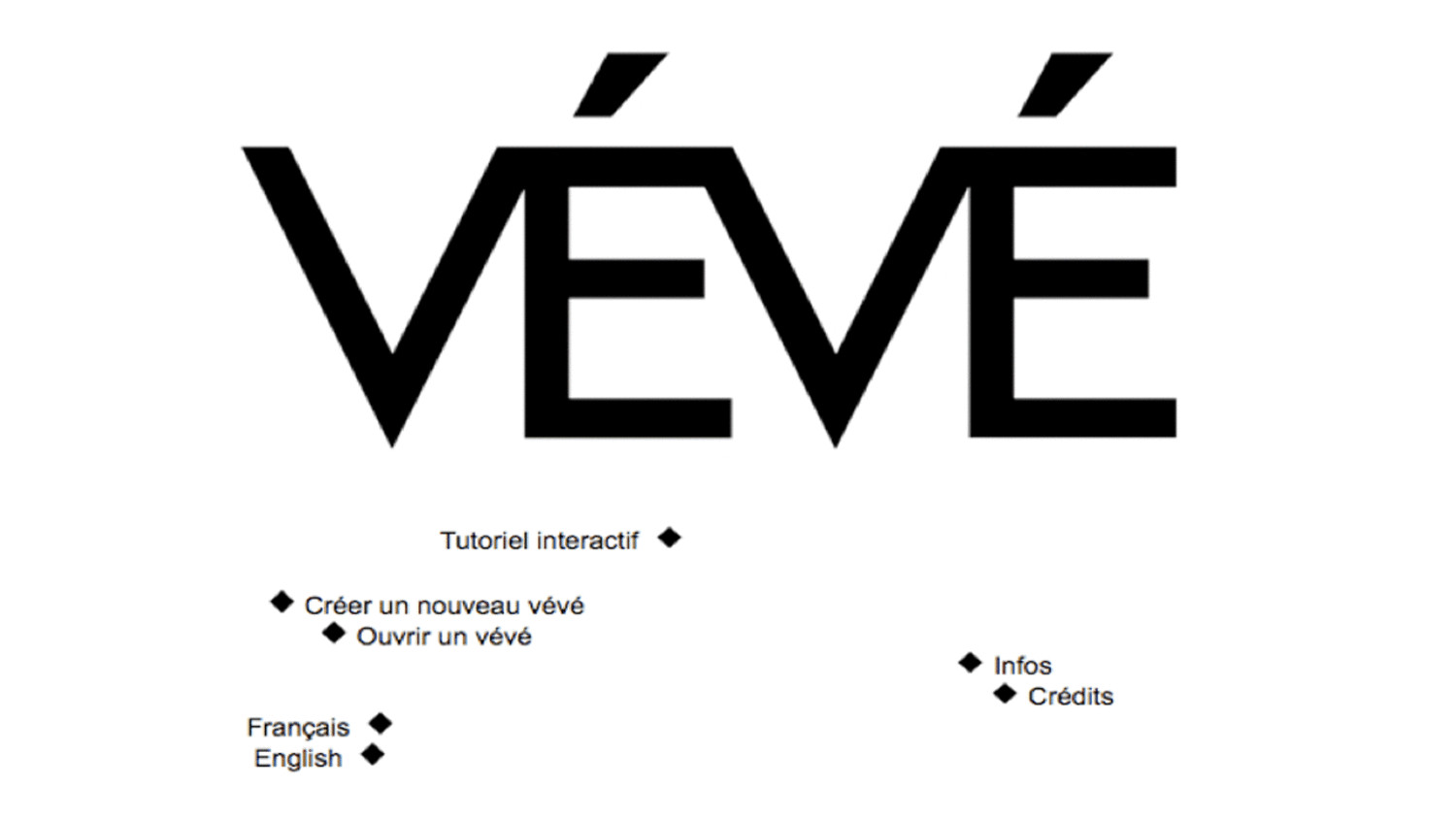
This myth is far from being new: our history is full of its multiple incarnations. In revealed religions, writting and speech are the means of action of God’s will. This material incarnation of the “word made flesh” is also a central idea of magic and its different variations.
He who pierces the secrets of language, he who understands its inner mechanisms, has found the way to higher forces. How many have tried, and died trying? The alchemist, the cabbalist and the sorcerer have opened the way for the programmer, the neurologist and the geneticist. Through their writings, these poets have contributed to perpetuate the myth of the speech that creates and spawns life.
This idea is intimately linked to that of the construction of identity through language, by the means of the dialogue with the other and with nature. Words are only sequences of letters, which are just symbols made of strokes. There really is nothing behind them. It is only in their contextual connection with other words that they really come to life.
Vévé proposes an environment in which the visitor interacts with textual entities through written speech. By taking part in a conversation based on exchange of atomic words, the visitor contributes to the construction of these artificial beings: she teaches them new words, but also new semantic links. Through these poetic dialogues, the entities evolve as their behavior is shaped by interaction with their human counterparts. But there is still place for trials, errors and novelties: in this allegorical space, the artificial creatures often seem to act with their own free will.